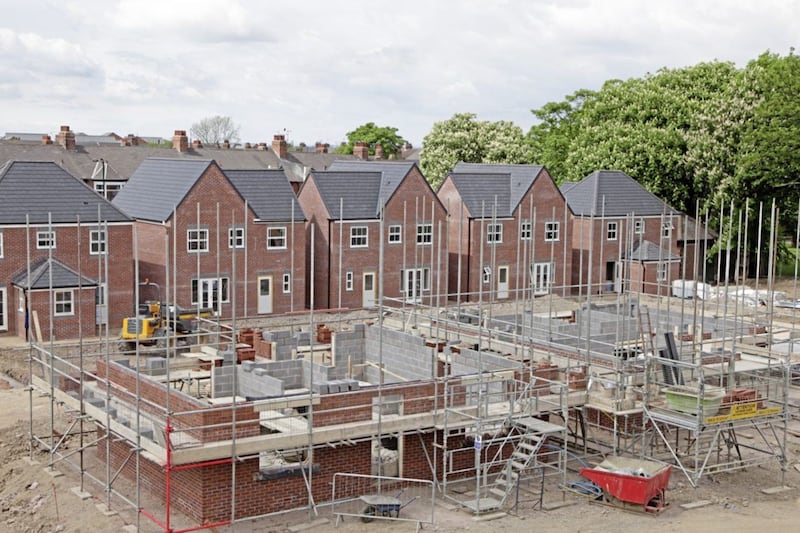BELFAST hasn’t been short of positive economic news in recent days. Just last week, the city was named as one of the top cities in the world for attracting foreign direct investment.
It was listed in the top 25 cities within fDi magazine’s bi-annual ‘Global Cities of the Future’ ranking. This looks at the success of individual cities and their governments in attracting foreign direct investment. Belfast ranks above cities such as Auckland, Montreal, Cape Town and Cologne.
It is worth noting that earlier this year, Belfast was also named Best Small European City for Business Friendliness by fDi, which is part of the Financial Times group.
We also heard last week that Belfast experienced the strongest economic growth of any UK city in 2015, according to official figures. This is measured using gross value added (GVA) per head (we’ll not know the figures for 2016 for some time).
Essentially, it is calculated by adding up the incomes generated by people and businesses and dividing that by the population total. According to the figures, GVA per head in Belfast grew by 4.7 per cent, compared to 4.5 per cent in Edinburgh, 2.6 per cent in Cardiff and 1.6 per cent in London.
Economists caution against reading too much into the GVA figures - and indeed Northern Ireland as a whole has seen a widening of the gap between its GVA and the rest of the UK - but they do give some indication that Belfast has been a city experiencing growth.
Set alongside Belfast’s FDI story, this gives some cause for optimism as we move into 2017, despite the undoubted challenges that lie ahead for our economy.
Indeed, Belfast has a positive message to tell international investors. It's a message RICS took to the US this year, when we held events involving presentations by Northern Ireland property professionals at the New York City Bar Association's landmark building in the heart of Manhattan and at Fordham University.
These followed on from the event that we organised in Parliament Square in London last year to promote Northern Ireland as a destination for investment to key figures from the city of London.
But while Belfast and Northern Ireland have a positive story to tell, there are things we need to do to back up this message and further improve the offering that we are putting to potential investors from overseas.
For one, we need to seriously invest in our infrastructure. That, as well as housing supply, is a crucial area for the Northern Ireland economy. Without adequate affordable housing and modern functioning infrastructure, the ability to attract inward investment will certainly be hampered.
Northern Ireland’s infrastructure is aging and in need of upgrading. To enable the necessary investment to happen, we have called for, amongst other things, an introduction of domestic water charging and case-specific use of public private partnerships (PPIs). These need to be given serious consideration. Executive Ministers have already indicated a willingness to take difficult decisions (for instance around domestic rates). We need to see more of this approach.
We also need to look closely at planning and development. Investors need clarity on where to invest, while developers and communities want confidence regarding which sites can be brought forward.
In short, growing the economy needs to be underpinned by the interlocking strands of infrastructure investment, housing supply, as well as grade A office space, and high level skills. Effective policies in these areas will help secure inward investment, drive economic growth and build better communities.
:: Ben Collins is director of the Royal Institution of Chartered Surveyors (RICS) in Northern Ireland, which represents 4,000 cross-sectoral members comprising of chartered and associate surveyors, trainees and students.








